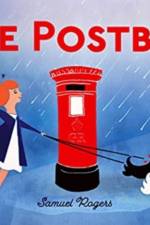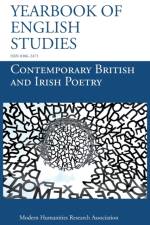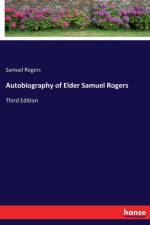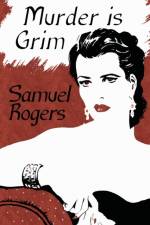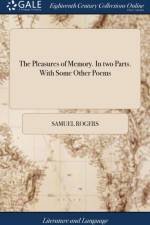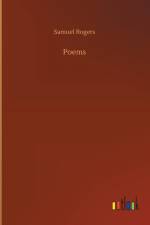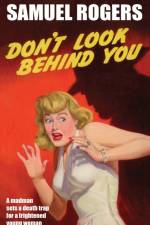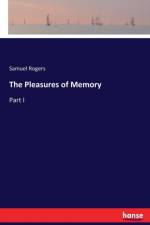av Samuel Rogers
2 521
The Yearbook of English Studies for 2021 examines contemporary poetry from Britain and Ireland. Edited by Samuel Rogers, the volume contains fourteen essays exploring a range of poetry from 1980 and the present. Poetry continues to be a dynamic cultural force, though the past four decades have seen recurrent debates over whether its readership is shrinking or swelling. Certainly, the digital age has reshaped our relationship with media, altering both the publishing world and the economies of attention. Is poetry anachronistic, or has its condensed nature allowed it to thrive? Since we are still living it, contemporary poetry resists being surveyed from any detached perspective. This volume instead looks in depth at a range of poets, illustrating some diverse possibilities for poetic energy. A handful of senior poets are discussed, and the impact of their late work appraised. However, the dominant concern is with poets who began publishing since 1980. The volume is organized into four sections. 'Place, Identity, Environment' contains discussions of Tony Conran, Raman Mundair, Geoffrey Hill, and Karen McCarthy Woolf. Attention is paid to questions of nationhood, cultural identity and ethnicity, the ethics of attention, and the pressing matter of climate change. In the second section, 'Placing Language', Rhys Trimble, Lesley Harrison, and Tom Pickard are compared; Gaelic poetry is explored via Meg Bateman, Ruaraidh MacThòmais, Rody Gorman, and others; an analysis of Catherine Walsh further underlines the connections to place afforded by language. The third section, 'Ways of Looking Back', mediates between the contemporary and the past. This includes classical presences in Alice Oswald, parodic responses to Philip Larkin, and a consideration of the late Eavan Boland's legacy. A fourth section showcases some of poetry's 'Forms of Meaning'. Redell Olsen's cross media lineage is traced to Sophie Robinson, Nisha Ramayya, and others. Ted Hughes is revisited via the epistolary tradition. Literary collaboration is approached through Kelvin Corcoran, Alan Halsey, S. J. Fowler, Prudence Chamberlain, and Camilla Nelson. Finally, the complications of the contemporary lyric are examined in Zoë Skoulding's work.

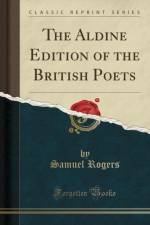
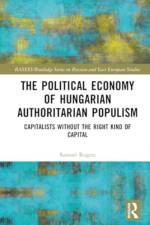
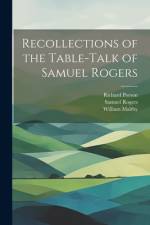
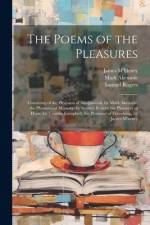
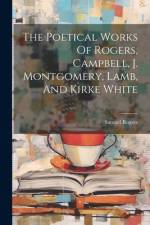
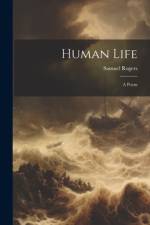
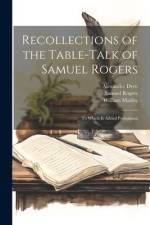
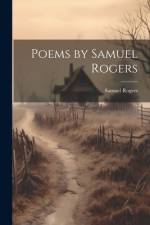

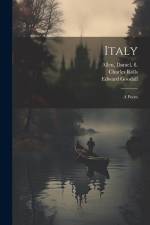

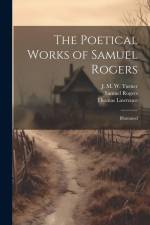

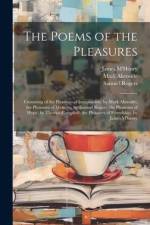

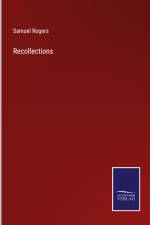
![Italy, a Poem [By S.Rogers] af Samuel Rogers](https://cdnbackdoor.tales.as/thumbnail/150x225/products/00169/20477/italy-a-poem-by-srogers.jpg)


